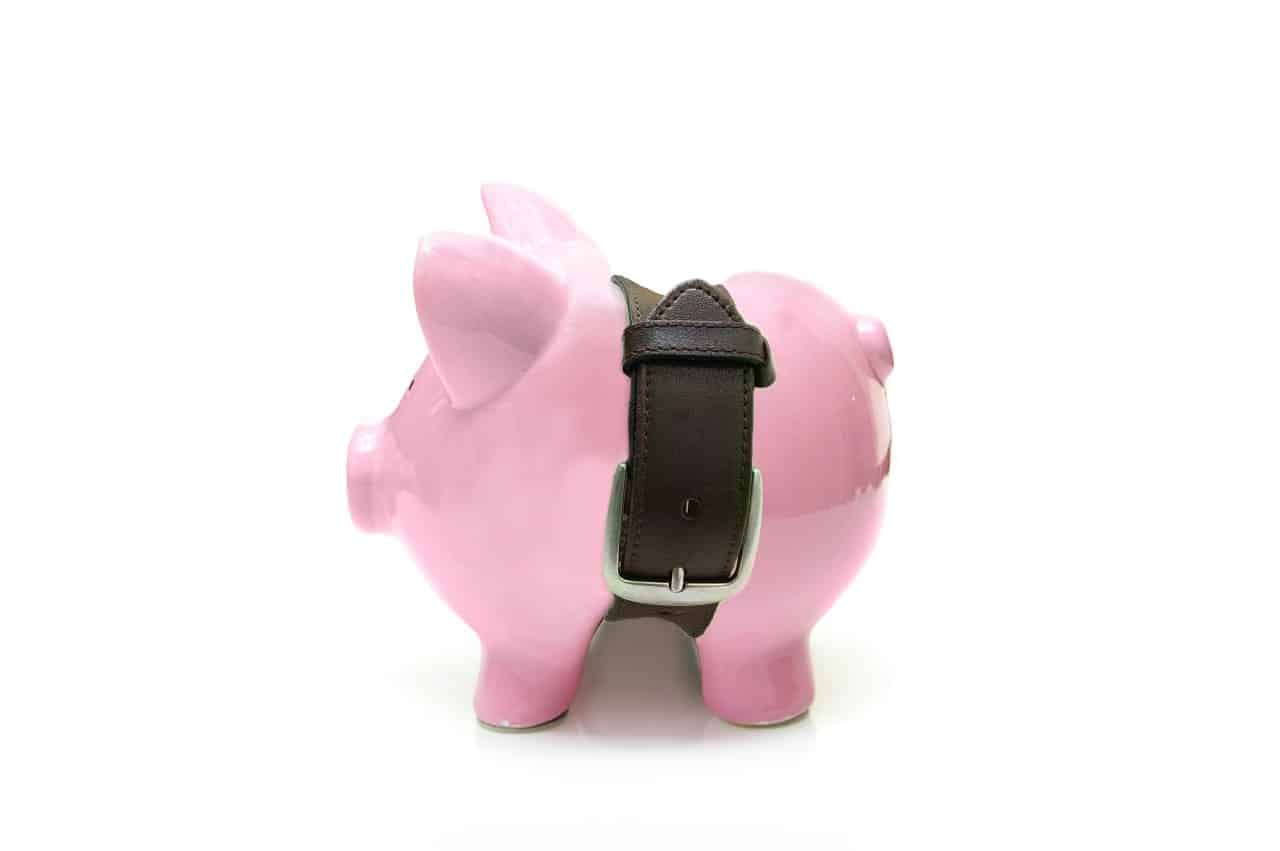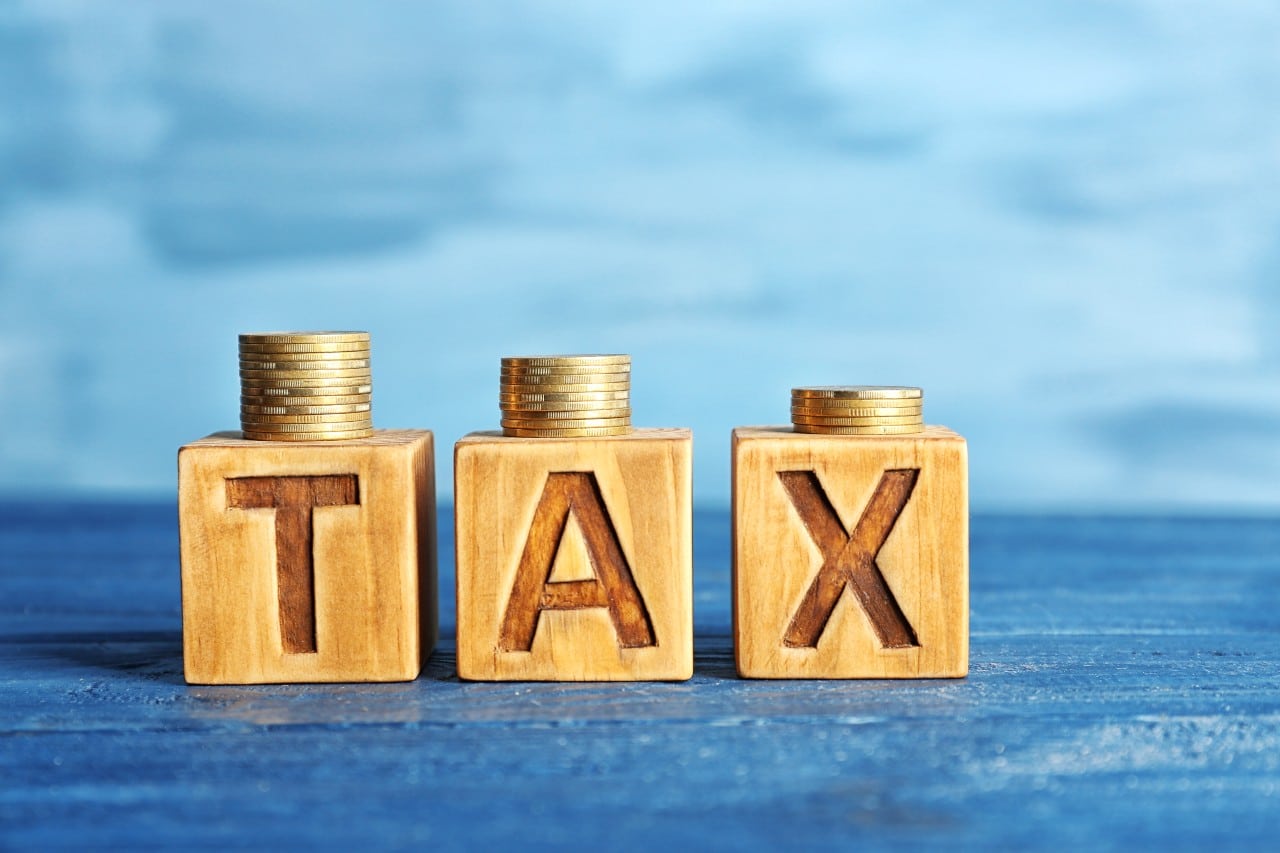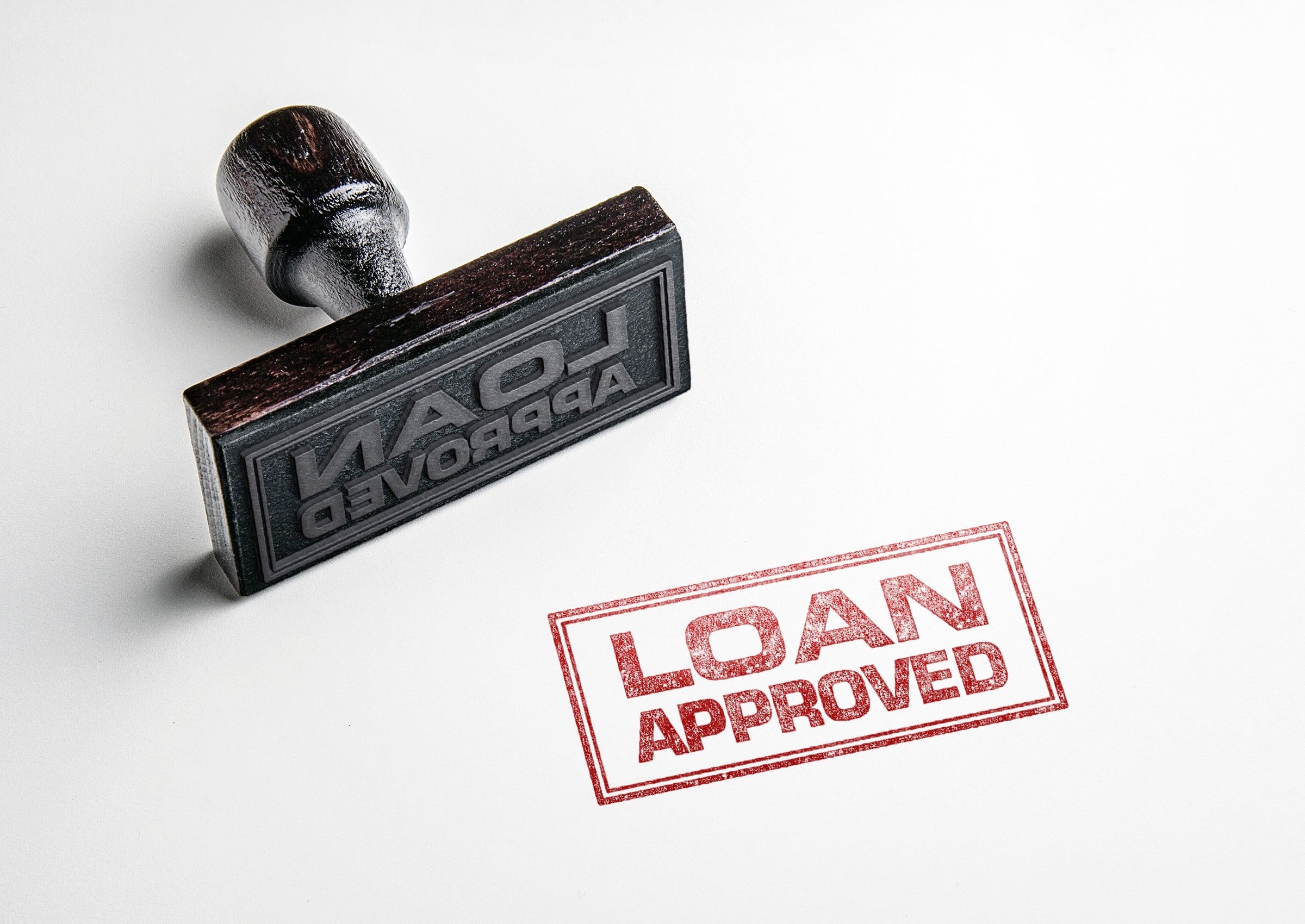You must have heard the term “Keeping up with the Joneses”. It means comparing yourself to others in terms of lifestyle or material possessions. This could be peers, neighbours, family or friends. Getting caught up in keeping up with the Joneses can lead to overspending beyond your means. On the other hand, you don’t want to be considered cheap either, especially if it means other people have to cover the cost for you instead. You can find a good balance in frugality. Understanding the difference between being frugal and cheap can help you stay within your budget. Importantly, you can do this without sacrificing your quality of life.
Frugal vs cheap
Frugality involves making conscious decisions about your spending choices. You can buy what you need, and save for larger purchases that are meaningful to you. It’s about making deliberate choices, even if what you’re buying may be a little more expensive. For example, choosing cotton or linen clothes instead of polyester.
On the other hand, being cheap is about cutting corners or counting pennies. Instead of considering whether it makes sense for them personally, they pick the least expensive way to do things, even to their detriment. For example, buying a cheaper pair of shoes that will wear out quicker and need to be replaced sooner. As opposed to the relatively more expensive pair, which has greater longevity and is more durable.
Examples of frugal behaviour
- Buying quality items even if they cost a little more, as longevity and value for money is important.
- Using coupons, discounts, or buying on sale.
- Less food delivery, more cooking at home.
- Researching large purchases well, like before buying a car.
- Not making impulsive purchases, or at least not too often.
- Sticking to a budget while enjoying fun activities or social events.
- Buying a monthly transit pass if you commute every day or travel around the city a lot.
- Saving up for an ergonomic chair if you’re sitting for long periods for work.
Being frugal is about being thoughtful about the long term, and planning ahead.
Examples of cheap behaviour
- Choosing a low-cost food item over something nutritious.
- Not making necessary repairs that affect quality of life, like fixing up the insulation.
- Going to social events or activities only if they’re free or someone else is paying.
- Buying the cheapest item, even if it doesn’t save money long term.
- Attempting to save money even at the cost of decreasing your quality of life, like turning the thermostat so low you’re always cold in the house.
- Buying cheaper furniture that may not be the best for your health. For example, picking an affordable chair over an ergonomic one, or buying a mattress that doesn’t provide lumbar support.
Being cheap is about thinking of what’s the least expensive option now, and not considering the long-term effects of those choices.
Benefits of being frugal
Focus on your priorities: You can focus on your values and what’s personally important to you, rather than trying to keep up appearances. Instead, you spend on things that truly matter to you.
More financially stable: Being frugal helps you make more intentional spending choices, in turn helping you save more. By saving more, you’re also able to be prepared for unexpected expenses. Over half of Canadians have an emergency fund of less than 200 dollars. Being frugal can help you get out of living paycheck to paycheck. Consider soft saving as a good starting point.
Less stress: By spending less on non-essentials and saving more, you will feel more secure financially, leading to less stress. It can also help you break free of the cycle of consumerism. Plus, you will be less stressed about the constant need to keep up with the Joneses.
More fulfilment: Making these conscious choices to prioritize your own needs and wants, over what the world will think, will also help you on a deeper level. You will feel more fulfilled – because you’re spending your time and money on things that are meaningful to you.
Frugality, society, and mental health
Sometimes, people may spend outside their means because of a fear of being called cheap. It’s a difficult situation to be in, especially if you can’t afford it or it’s contributing to the debt you carry. Remember, your priority is your needs and wants. Ultimately, you’re the one who decides how to handle your expenses.
If you think family and friends may be judgmental about you spending differently, try loud budgeting. They may not even be aware you are finding it difficult. They may not have considered that keeping up with their plans might be putting you in the red every month. Try initiating an open, honest conversation. Let them know you value spending time with them, and you want to do it more affordably. Convey that you are going to prioritize being financially secure and debt-free. People who truly care about your well-being will understand and support your financial journey.
Having such a transparent conversation can be scary, but will help you in the long run. You never know – your family and friends may turn out to be your biggest supporters and cheerleaders. Some may even join you on this journey. You won’t know till you try! Even if that isn’t the case, you will feel better for having shared your side of the story. Knowing that you communicated well with the people who matter makes a difference. At the end of the day, you have an equally important responsibility towards yourself and your financial stability.
Tips for a frugal lifestyle
- Do your research. Look for good quality that fits the budget, not just the cheapest option. This is especially important if these things can affect your quality of life and make a difference in your day to day.
- Prioritize your needs. Don’t compromise on things that will genuinely improve your life. A good way to see if something is worth the cost? If spending on a product or activity aligns with your values and brings fulfilment, it’s likely to be.
- Consider long-term costs before making a purchase. If you know there’s a better quality option that will last longer, choose that instead. You will end up saving in the long run when you don’t need to replace things often.
- Don’t buy things you don’t need just to impress people.
- Consider a no-spend week or month to ramp up the challenge – as well as your savings!
- Every time you choose to spend frugally and wisely, you’re saving more. Send it over to a savings account or build an emergency fund. Saving while being in debt may be difficult, but every effort counts!
Being frugal is about prioritizing yourself and your quality of life. Being cheap often comes at the cost of your own comfort or other people’s generosity.
Key takeaways
Keeping up with the Joneses can hinder your journey towards being debt-free. Getting caught up in comparisons over lifestyles and material possessions can lead to overspending. Frugality provides a good balance by supporting conscious spending choices. In turn, this can help you be more financially stable, less stressed, and more fulfilled. The fear of being seen as cheap can sometimes lead people to spend beyond their means. It’s important to understand that your priority is to be debt-free and financially secure. It’s not spending beyond your means to impress others.
Being frugal helps you prioritize your needs and goals, and is a genuinely helpful outlook when you are trying to get control over your finances. If you’re currently dealing with debt, reach out to one of our trained credit counsellors for advice.











